View all Standards for Texas Essential Knowledge and Skills for Theatre Arts
C.2.C select movements and dialogue to appropriately portray an imaginative character drawn from personal experience, cultural heritage, literature, and history.
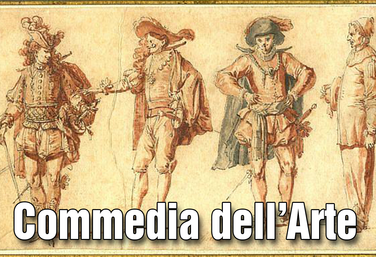
UNIT
Part of the Drama One Curriculum
Commedia Dell'Arte
by Karen Loftus
Students will discover, analyze, and explore the history, characters, and style of commedia dell’arte.
Commedia dell’arte is a theatre history unit mixed with improvisation, physicalization, and exploring specific characters. In this unit, we’re going to focus on three main aspects:
1. Causes and Effects of Commedia (History)
2. Stock Characters
3. Commedia Performance Practices
Read More
about Commedia Dell'Arte
Read Less
about Commedia Dell'Arte
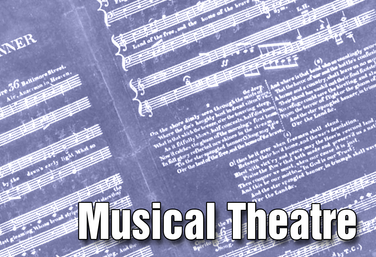
UNIT
Musical Theatre
by Anna Porter
Musical Theatre has two components that separate it from straight plays: song and dance. This unit gives students the opportunity to try out both. In musical theatre, music signifies heightened emotion. We can’t express ourselves with just words, we need music (and through extension, song and dance) to take it further.
This unit includes three lesson plans:
1. Acting the Song - “Musical Tactics”
2. Acting the Song - “Textual Analysis”
3. Introduction to Dance
A solo performance assignment is also included, and the unit includes assessment tools - rubrics, reflections, and self-evaluations.
Read More
about Musical Theatre
Read Less
about Musical Theatre
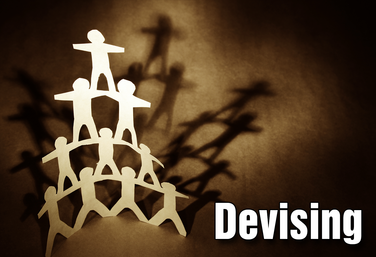
UNIT
Part of the Drama Two Curriculum
Devising
by Corinna Rezzelle
While the Drama Two Curriculum has a focus on acting, it’s always important to include a unit on the technical theatre skills that are necessary to any production. Students will also be able to use what they’ve learned in this unit in their upcoming devising project.
Students will begin by exploring design for the stage by experimenting with line, shape, texture, size, and color. They will expand their understanding of stage properties and scenic flats. They will then apply their knowledge of these building blocks of design to create a high-concept design for a miniature “stage.”
Read More
about Devising
Read Less
about Devising
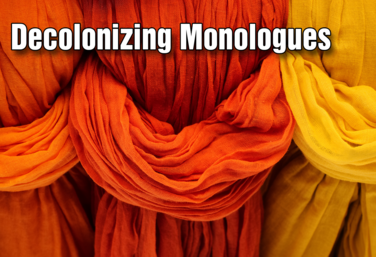
UNIT
Decolonizing Monologues
by Nicholas Pappas
In this unit, students will write a monologue authentic to their unique voice rather than to a Eurocentric canon model. We are going to decolonize the monologue. The goal in decolonizing monologues is to be inclusive of all voices in the classroom and to allow those voices to grow out of the unique style and cultural background of every student.
Read More
about Decolonizing Monologues
Read Less
about Decolonizing Monologues
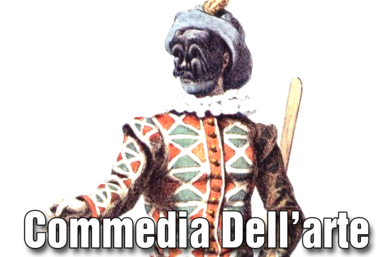
UNIT
Part of the Theatre History Curriculum
Unit 4: Commedia Dell'Arte
by Drama Teacher Academy
We take a side trip to Italy to discover a secular comedic form: Commedia Dell’arte.
Students will be introduced to the form, explore the characters and themes, and put their knowledge to practical application by creating a commedia character.
Read More
about Unit 4: Commedia Dell'Arte
Read Less
about Unit 4: Commedia Dell'Arte
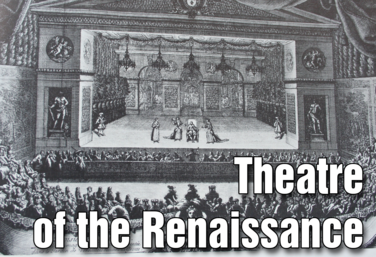
UNIT
Part of the Theatre History Curriculum
Unit 6: Theatre of the Renaissance
by Drama Teacher Academy
In this unit, we return to Western theatre and to Italy, where we will witness the birth of the Renaissance and the discovery of linear perspective. Then we travel on to the Golden Age of Spanish theatre. We will pass by the Elizabethan Golden age (we’ll cover it in the next unit) and end the Renaissance journey by discovering French neoclassicism and the Rules of Drama.
Read More
about Unit 6: Theatre of the Renaissance
Read Less
about Unit 6: Theatre of the Renaissance
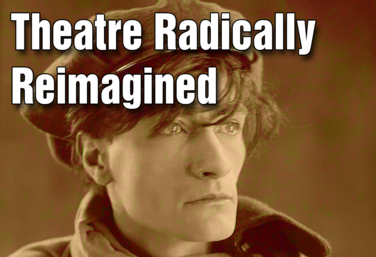
UNIT
Theatre Radically Reimagined: Exploring Artaud, Grotowski, and Boal
by Ruthie Tutterow
In this unit, students will learn about Antonin Artaud and how his ideas influenced avant-garde theatre in the 20th and 21st centuries. They will also learn how Jerzy Grotowski took Artaud’s theories into new directions. This is done through direct instruction. A culminating presentation will ask students to take common stories and reimagine them using some of these ideas. They will present a “pitch” of an avant-garde version of their story. In the second lesson, students learn about some of the ideas of Augusto Boal and try a session of Forum Theatre.
Read More
about Theatre Radically Reimagined: Exploring Artaud, Grotowski, and Boal
Read Less
about Theatre Radically Reimagined: Exploring Artaud, Grotowski, and Boal
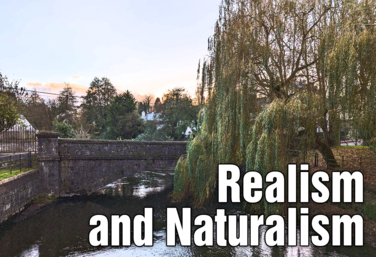.png)
UNIT
Realism and Naturalism
by Drama Teacher Academy
This unit looks at the origins of realism and naturalism. The Realism/Naturalism movements in Europe came about as a response to the artificiality of the Romantic Movement. Realism/Naturalism strove for real-life characters and situations. This unit looks at early realist playwrights and their plays as well as the Independent Theatre Movement, which provided venues for the new forms when established theatres refused to produce these plays. In America, this became the Little Theatre Movement, where groups experimented with theatre away from the strictures of the syndicated houses. In the meantime, professional theatre was developing on Broadway, including early Black performers. Realism finally came to the American stage with the plays of Eugene O’Neill.
Read More
about Realism and Naturalism
Read Less
about Realism and Naturalism
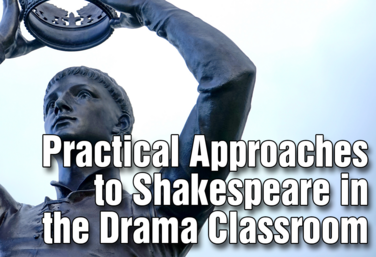
PD COURSE
Practical Approaches to Shakespeare in the Drama Classroom
by Julie Hartley
Shakespeare is one of the greatest resources a drama teacher can have: scenes packed with action; opportunities to explore comedy and physical theatre; rich themes and characters to act as springboards for devised theatre; the chance to work with our language at its finest and – most importantly – ideas that relate directly to the experiences and preoccupations of students.
Yet Shakespeare isn’t easy. The language can seem dense, and finding a way in can be tough – especially for drama teachers who have not themselves studied Shakespeare. That’s the goal of this course – to help teachers find a way in.
This course presents teachers with as many ways in to the exploration of Shakespeare as possible. Action scenes, themes, characters, different theatre styles, and devised theatre projects. Students will be armed with the tools they need to begin individually exploring monologues, or working together on scenes.
Read More
about Practical Approaches to Shakespeare in the Drama Classroom
Read Less
about Practical Approaches to Shakespeare in the Drama Classroom
View all Standards for Texas Essential Knowledge and Skills for Theatre Arts Standards Master List